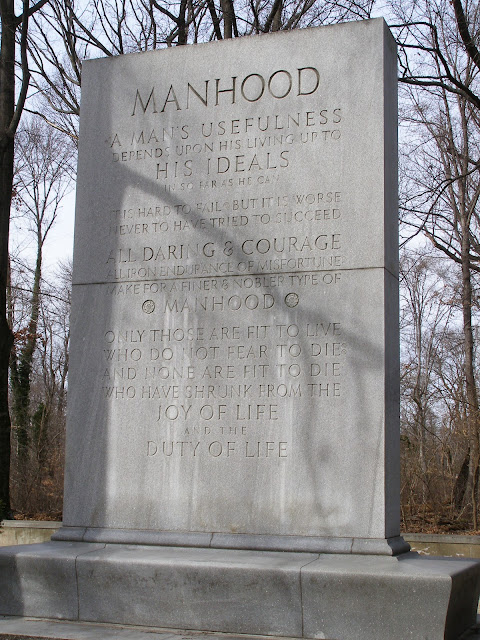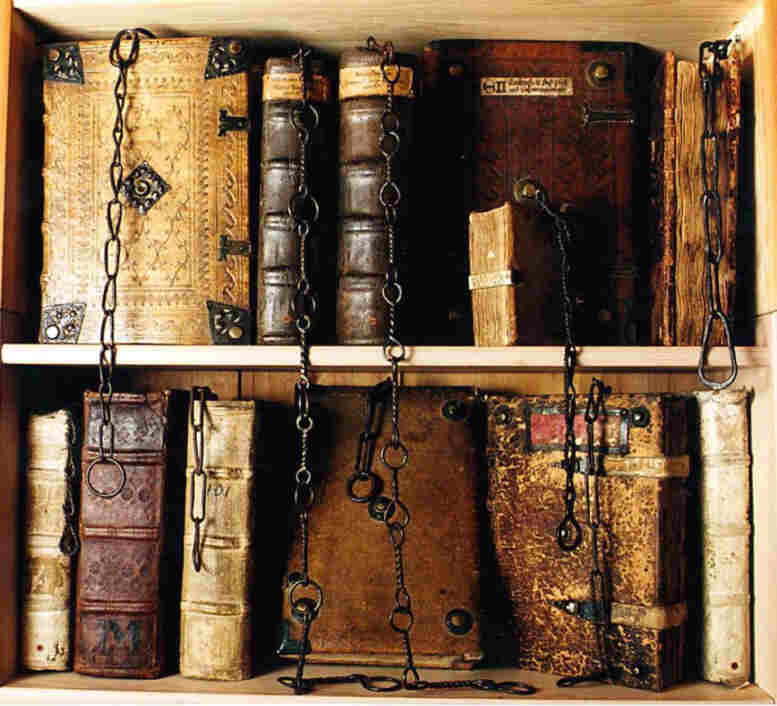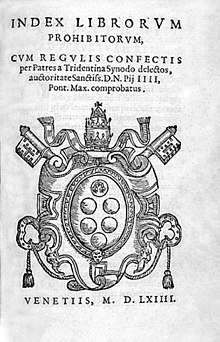When life gets busy, blog gets neglected. All I can muster about the past several busy weeks is a big Minnesota "Uffda!" As usual, the internet blazes forward without me. Its loss.
Late last week there was word that one of my favorite, favorite priests of all time-Archbishop Fulton J. Sheen-has been named
'Venerable'. I have not used much space on this blog to expound on my undying love for this man, but trust me, it is indeed very expansive and undying.
My first memories of Sheen go back to seeing him occasionally on EWTN and hearing him on the radio when my parents were tuned in. I later rediscovered him in college, when I found that some brilliant individuals had made nearly all of his talks available to stream for free on the web (Behold:
http://www.fultonsheen.com.)
I consider Sheen the anti-dote to the modern TV personality. His effectiveness is surely attributable to his commanding personality, wit, and his exceptional rhetorical skill, but at the root of it all is his unabashed focus on the pursuit of truth. In describing how one goes about
how to talk, Sheen, while making the disclaimer that he is
not the model orator, explains that the best way to prepare any speech is to fully immerse yourself in the subject matter until it is a part of you, for as the gospel tells us, "from the fullness of the heart the mouth speaks" (Lk 6:45). Contrary to his own claim, Sheen was a tremendous speaker, not only because of his wit, but because he was both incredibly instructive and pastoral (sincerity, clarity, and flexibility served as his main precepts for speaking).
So what does Sheen have to do with libraries, you ask?
 |
| At it at the blackboard. |
Well, he did indeed write a lot of
books, but that is beside the point. Whenever I start thinking of Sheen, my mind inevitably gravitates to two things: the significant attention being given to information literacy today, and the sad state of the modern catechesis.
With the advent of the internet and the abundance of information that has accompanied the recent explosion of information technology and advances in both personal and scholarly communication, there has been a growing emphasis on what is known in the library world as "information literacy." According to the
ACRL, "Information Literacy is the set of skills needed to find, retrieve, analyze, and use information." But this is what students are supposed to be learning in the first place, isn't it? Ideally, yes. However, the reality is that most students are taught how to do
research, but this usually amounts to professors teaching them how to synthesize information gleaned from multiple sources and then make inferences and draw conclusions from it. The process of finding those sources and understanding how information is organized in the first place is usually left to the students themselves. Hence the occasional class trip to that one computer lab in the library where the librarian attempts to teach them about databases, other e-resources, and how to do a book or citation search (although many students tend ignore this and resort to the classic 'Googling strategies work universally' frame of mind).
Information Literacy is a rather hot topic in the library world right now. Higher education is certainly suffering from a myriad of crises, and most librarians want to do their utmost so that these problems don't get the best of students. Instructional librarians are very passionate people-in many cases, they do more to educate students than professors do.
It is no secret that Catholic catechesis has been in a similar state of crisis over the past few decades, and in some ways, longer than that. Cardinal Piacenza, Prefect of the Congregation of the Clergy, alluded to this
educational crisis when recenetly speaking about the formation of priests. The most common problem is that the faith is not taught well in the first place. The other significant problem is that when catechesis is initially done well, many Catholics are ill-equipped to continue that catechesis throughout the remainder of their lives. Only a madman would claim that one could learn everything there is to know about the faith in a few months of confirmation class, but many Catholics act as if their Confirmation is an anointing to live in ignorance for the rest of their lives, not a sacrament that strengthens them for the journey ahead. It is true that we are not all called to be expert theologians, but every Catholic should be equipped with the skills and resources to continually learn and integrate the faith into his or her daily life, and to critically examine issues of the modern world in light of their beliefs.
Information Literacy needs to have a place in catechesis. Most Catholics are taught the faith, but are not left with any handy reference library to navigate their future challenges and questions. My home diocese has for a while engaged in the honorable practice of providing every confirmand with a copy of the
Catechism of the Catholic Church. This is a good first step. But more needs to be done. Educated Catholics have no excuse to be ignorant when the vast majority of church documents can be found on the web.
As part of this effort, I have thus compiled a basic list of useful resources for Catholics, found under the 'Catholic Reference' tab above. This list is by no means exhaustive, but serves as a good guide for the information-hungry Catholic (or not) on the internet. I will continue to add to it as I remember or discover other resources.
Fulton Sheen once wrote that "Books are the most wonderful friends in the world. When you meet them and pick them up, they are always ready to give you a few ideas. When you put them down, they never get mad; when you take them up again, they seem to enrich you all the more" (Life is Worth Living). Certainly part of the beauty of an institutional church is that it has such a rich documentary heritage, and it is a serious task to study it. But although books and information literacy enable us to know the faith, "The Church's educational mission, as Cardinal Piacenza says, must continually be reinvigorated, reinforced and restarted from th[e] authentic passion for man, a passion that, as the etymology of the term 'passio' indicated, is first of all the shared participation in the same condition of 'asking about meaning.'" Armed with this attitude and proper information tools, individuals will be properly equipped to both learn about the faith and effectively engage others in conversation about it.






